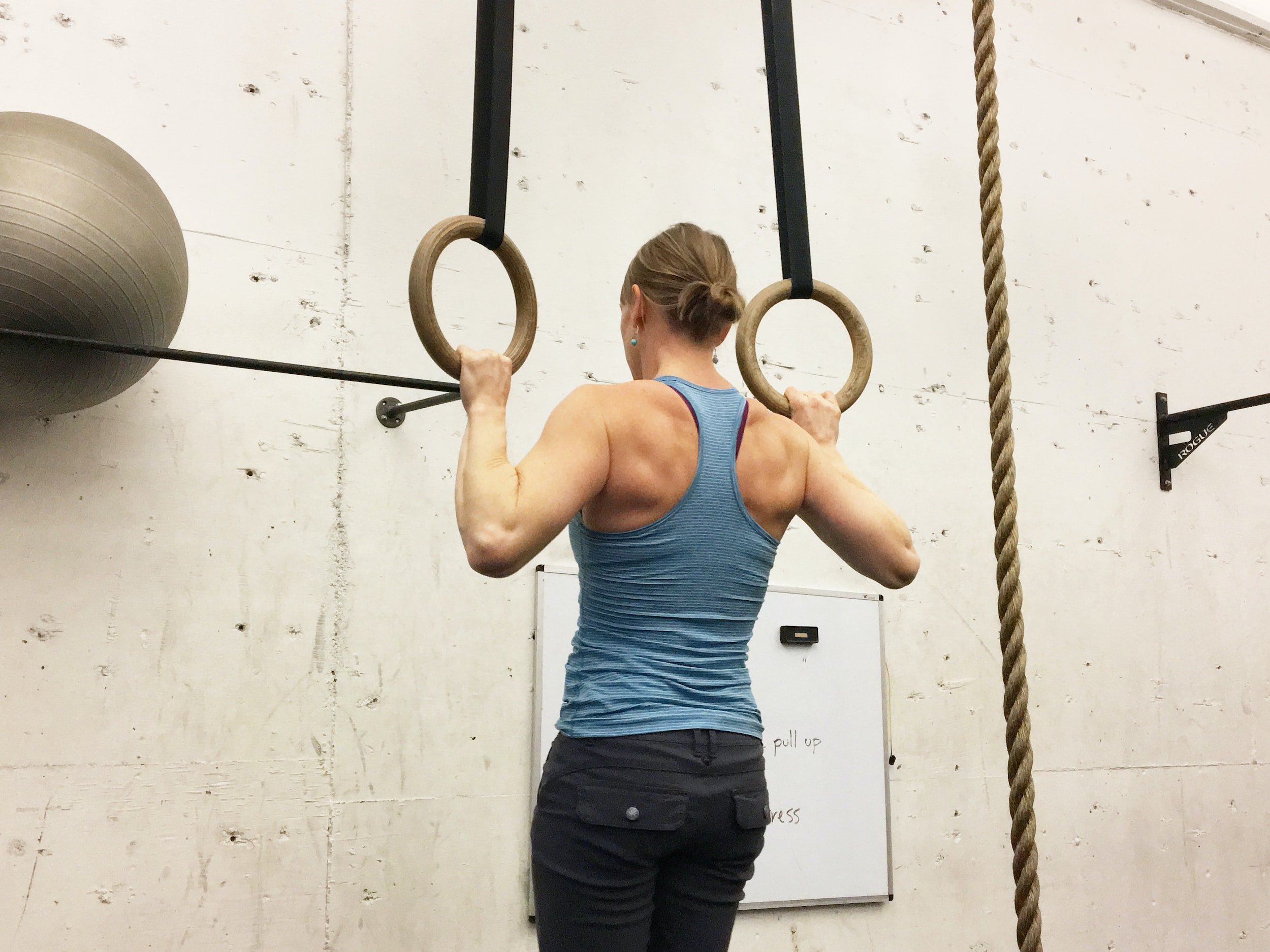
Shoulder Impingement
What is Shoulder Impingement?
The shoulder joint is one of the most mobile joints in the human body. However, this mobility comes at a cost, as it’s also one of the most unstable joints. To help stabilise the joint, the shoulder is supported by a group of for muscles known as the rotator cuff.
These four muscles include the supraspinatus, infraspinatus, teres minor, and subscapularis. They wrap around the arm bone and help stabilise and guide shoulder movements. The rotator cuff also plays a crucial role in keeping the ball and socket joint centred, which prevents impingement and allows for smooth and fluid movement.
What Causes Shoulder Impingement?
The rotator cuff muscles are often susceptible to injury, especially in people who engage in activities that require repetitive overhead movements, such as weightlifting or playing sports like tennis or baseball. Over time, these movements can lead to a condition known as shoulder impingement, in which the tendons of the rotator cuff become pinched between the shoulder blade (acromion) and the arm bone (humeral head). This can be a painful and limiting condition, making it difficult to perform everyday activities like reaching, lifting, or sometimes even sleeping.
Symptoms of Shoulder Impingement
Symptoms of shoulder impingement can vary, so it is important to alert your physiotherapist if you experience any of the following:
pain when extending arms over your head
shoulder & arm weakness
shoulder & arm stiffness
pain and tenderness in the front of the affected shoulder
pain when lifting affected arm
pain and discomfort in arm at night
Try to be specific when discussing your pain and any activities that may have led to your injuries so that we can best diagnose the issue.
Treatment for Shoulder Impingement
Physiotherapy can be an effective treatment for shoulder impingement. A physiotherapist can help strengthen the rotator cuff muscles through targeted rehabilitation programme, which can alleviate pain and improve shoulder mobility and strength. In addition to strengthening exercises, physiotherapy can also help to re-educate better lifting techniques. This is particularly important for people who engage in activities that require repetitive overhead movements, as poor lifting technique can contribute to the development of rotator cuff impingement. By teaching patients proper lifting techniques, physiotherapists can help prevent future injuries and promote long-term shoulder health.
Overall, the rotator cuff is a crucial group of muscles that plays a vital role in maintaining shoulder stability and mobility. If you experience shoulder pain or difficulty with movement, you can book an appointment with Oleg, who is a Chartered Physiotherapist at Monageer Physiotherapy Clinic, who can help diagnose and treat the underlying cause of your symptoms. With proper care and treatment, it's possible to recover from rotator cuff impingement and return to all the activities you love.

